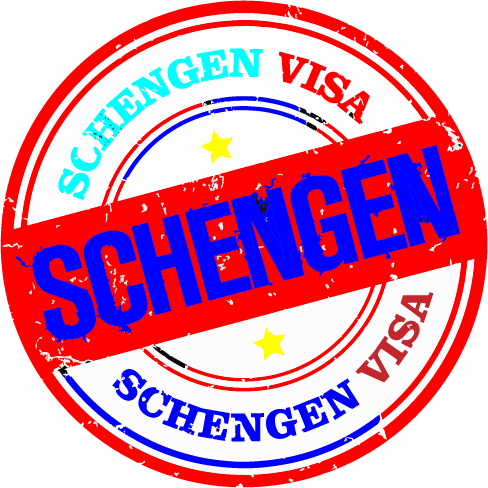Unlocking Your Study Abroad Goals: Navigating German Student Visas and Permitsm
Germany remains the ultimate destination for pursuing higher education due to its exceptional academic standards, state-of-the-art research facilities, innovative teaching approaches, affordable study options, and promising career prospects. This is why countless international students still consider Germany as their top choice for advancing their education. If you have recently received an acceptance letter from a German university, are awaiting a response to your university application in Germany, are required to enroll in a foundation course before applying to a German university, need to take a foundation course to prepare for the qualification assessment examination ("Feststellungsprüfung"), plan to complete a doctoral degree or engage in a research project in Germany, and are from one of the countries requiring a visa, you must apply for the appropriate German study visa at the embassy or consulate of Germany in your country.



